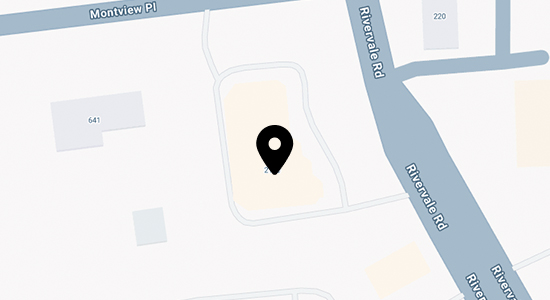- Contact Us Now: (201) 494-2800 Tap Here To Call Us
What is a Use and Occupancy Agreement Allowing a Seller to Remain after Closing?

A use and occupancy agreement, also known as a U&O agreement, is a legal document that is commonly used when a property owner sells their property to a buyer, but the seller is not yet ready to move out or allow the buyer to take possession of the property. This can occur for several reasons, such as the seller needs more time to find a new home or is waiting for their new home to be ready. In these cases, the seller can negotiate an agreement with the buyer, which allows them to remain in the property for a specific period of time.
The terms of a use and occupancy agreement typically include the following:
- Duration: The agreement specifies how long the seller will be allowed to use and occupy the property before the buyer takes possession. This period can be a fixed period, such as 15 or 30 days, and may be extended if necessary.
- Payment: The agreement typically requires the seller to pay the purchaser a fee for the use and occupancy of the property. This fee may be a flat fee or a prorated per diem amount based on the time the seller remains at the property.
- Responsibility for repairs: The agreement clarifies who is responsible for repairs and maintenance during the period of use and occupancy. Generally, the seller assumes responsibility for repairs and maintenance during this time.
- Insurance: The agreement also specifies which party is responsible for insuring the property during the period of use and occupancy. Usually, the seller is responsible for insuring or maintaining insurance at the property during this time.
- Termination: The agreement outlines the circumstances under which the agreement can be terminated by either party, such as if the buyer fails to pay the use and occupancy fee or breaches any of the terms of the agreement.
It is important to note that a use and occupancy agreement is not the same as a lease agreement. A lease agreement creates a landlord-tenant relationship, whereas a use and occupancy agreement allows the seller to occupy the property temporarily before the buyer takes full ownership.
As with any legal agreement, it is essential to have an attorney draft or review the document before signing to ensure that all terms are fair and reasonable. If you need assistance preparing a Use and Occupancy agreement during the sale or purchase of your home, contact The Law Office of Joseph DiPiazza to speak with an experienced real estate attorney.


